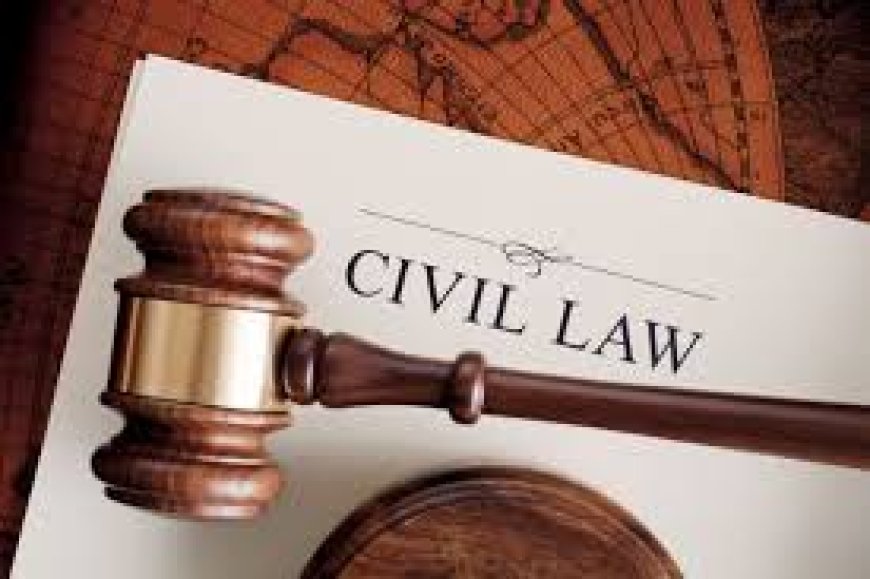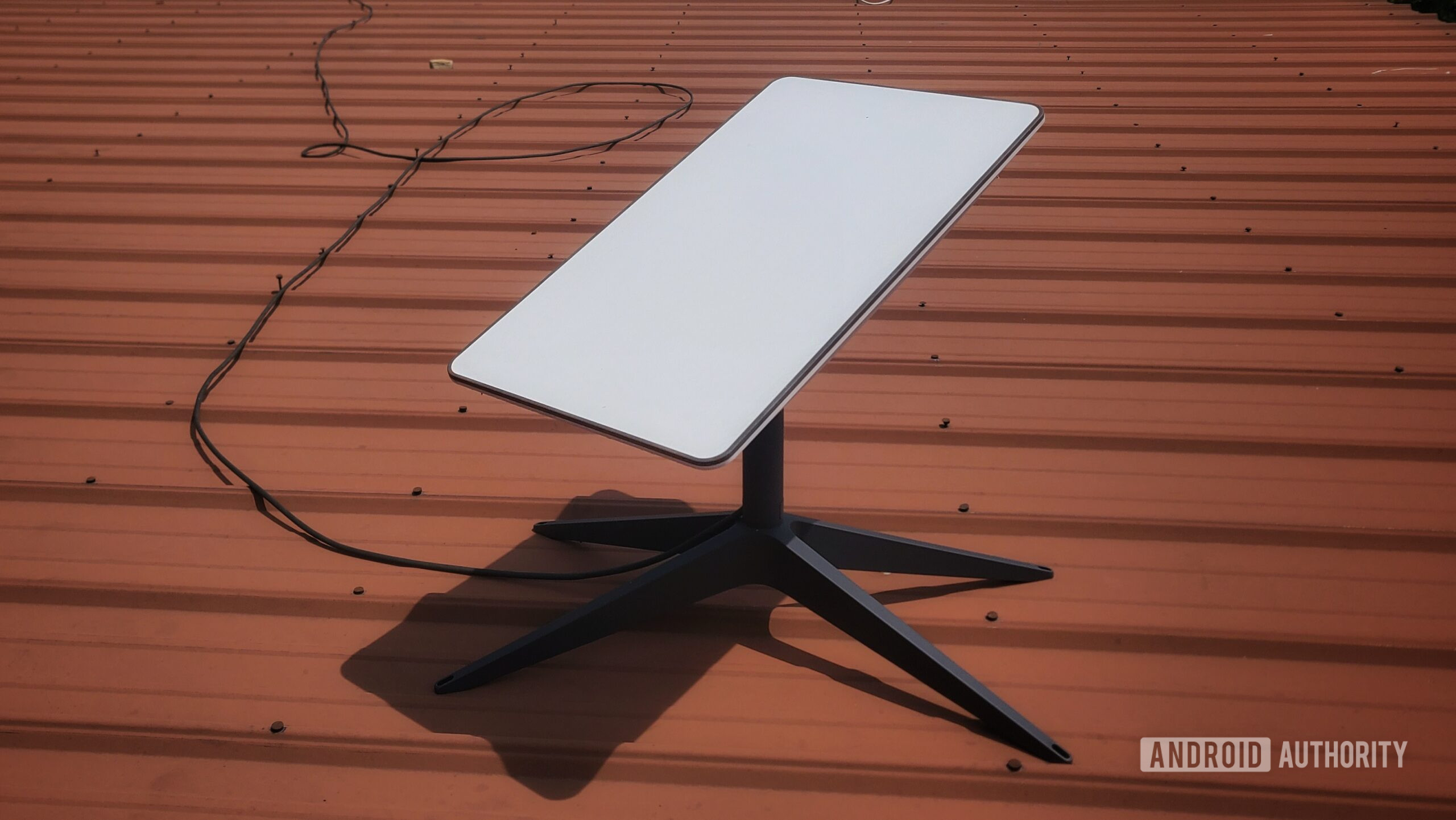What are Legal Litigation Services in Pakistan?
Litigation services in Pakistan involve legal assistance provided by lawyers to resolve disputes through the court system. These services cover various areas of law, including civil, criminal, family, commercial, and labor litigation.

Litigation services in Pakistan are legal services provided by lawyers to help people resolve disputes through the court system. These services cover a wide range of issues, from personal disputes to business conflicts. This guide will explain what legal litigation services are, the types available in Pakistan, and how they can help you.
Understanding Litigation
Litigation is the process of taking a dispute to court. When two parties cannot resolve their disagreement on their own, they may go to court to seek a solution. This process involves filing a lawsuit, presenting evidence, and letting a judge or jury decide the outcome. Lawyers who specialize in litigation are called litigators or trial lawyers. They represent their clients in court and handle all the legal work related to the case.
Types of Litigation Services
In Pakistan, litigation services cover various areas of law. Here are some common types:
-
Civil Litigation: This involves disputes between individuals or organizations. Examples include property disputes, contract issues, and personal injury claims. Civil litigation seeks to resolve these issues and may result in compensation or other remedies.
-
Criminal Litigation: This involves cases where someone is accused of committing a crime. The government prosecutes the accused, and the defense lawyer represents the person charged with the crime. Criminal litigation can involve serious offenses like murder, theft, or drug trafficking.
-
Family Litigation: This type deals with family-related issues. Common cases include divorce, child custody, and inheritance disputes. Family lawyers help clients navigate these sensitive matters and seek fair outcomes.
-
Commercial Litigation: This involves business-related disputes. Issues can include breach of contract, partnership conflicts, and disputes over business transactions. Commercial litigators help businesses resolve these problems through legal means.
-
Labor Litigation: This type focuses on disputes between employers and employees. Common cases include wrongful termination, workplace harassment, and wage disputes. Labor lawyers represent either party to ensure fair treatment and resolution.
The Litigation Process
The litigation process in Pakistan follows several steps:
-
Filing a Lawsuit: The process begins when a party (the plaintiff) files a lawsuit against another party (the defendant). The lawsuit outlines the complaint and the desired outcome.
-
Summons and Response: The court issues a summons to notify the defendant of the lawsuit. The defendant must respond within a specified time, usually 30 days.
-
Discovery: Both parties gather evidence to support their case. This can include documents, witness statements, and other relevant information.
-
Pre-Trial Motions: Lawyers may file motions to resolve certain issues before the trial begins. For example, they might request to dismiss the case if they believe it lacks merit.
-
Trial: If the case is not resolved through pre-trial motions or settlement, it goes to trial. Both sides present their evidence and arguments. The judge or jury then decides the outcome.
-
Judgment: The court issues a judgment based on the trial’s outcome. The losing party may be required to pay damages or take specific actions.
-
Appeal: If either party is unhappy with the judgment, they can appeal to a higher court. The appeals court reviews the case and may uphold, reverse, or modify the judgment.
Benefits of Hiring a Litigator
Having an experinced lawyer contact number in pakistan can offer several benefits:
-
Expertise: Litigators have specialized knowledge and experience in handling court cases. They understand the legal system and can navigate complex procedures.
-
Representation: Litigators represent their clients in court, presenting their case and defending their rights. This can be crucial in achieving a favorable outcome.
-
Negotiation: Many cases are settled out of court through negotiation. Litigators are skilled negotiators who can help reach a fair settlement without the need for a lengthy trial.
-
Peace of Mind: Having a professional handle your case can reduce stress and provide peace of mind. You can trust that your lawyer will work to achieve the best possible result.
Choosing the Right Litigator
When choosing a litigator in Pakistan, consider the following factors:
-
Experience: Look for a lawyer with experience in the specific area of law related to your case. An experienced litigator is more likely to understand the nuances and complexities of your issue.
-
Reputation: Research the lawyer’s reputation. Look for reviews, testimonials, and references from past clients. A good reputation can indicate reliability and competence.
-
Communication: Effective communication is essential. Your lawyer should keep you informed about your case and be responsive to your questions and concerns.
-
Fees: Understand the fee structure before hiring a lawyer. Some lawyers charge hourly rates, while others may work on a contingency basis (they only get paid if you win the case). Make sure you are comfortable with the fees and payment arrangements.
Conclusion
Litigation services in Pakistan are essential for resolving disputes through the legal system. Whether you are dealing with a civil, criminal, family, commercial, or labor issue, a skilled litigator can help you navigate the process and achieve a fair outcome. By understanding the types of litigation services, the litigation process, and the benefits of hiring a litigator, you can make informed decisions and protect your rights in court.
What's Your Reaction?
 Like
0
Like
0
 Dislike
0
Dislike
0
 Love
0
Love
0
 Funny
0
Funny
0
 Angry
0
Angry
0
 Sad
0
Sad
0
 Wow
0
Wow
0













































